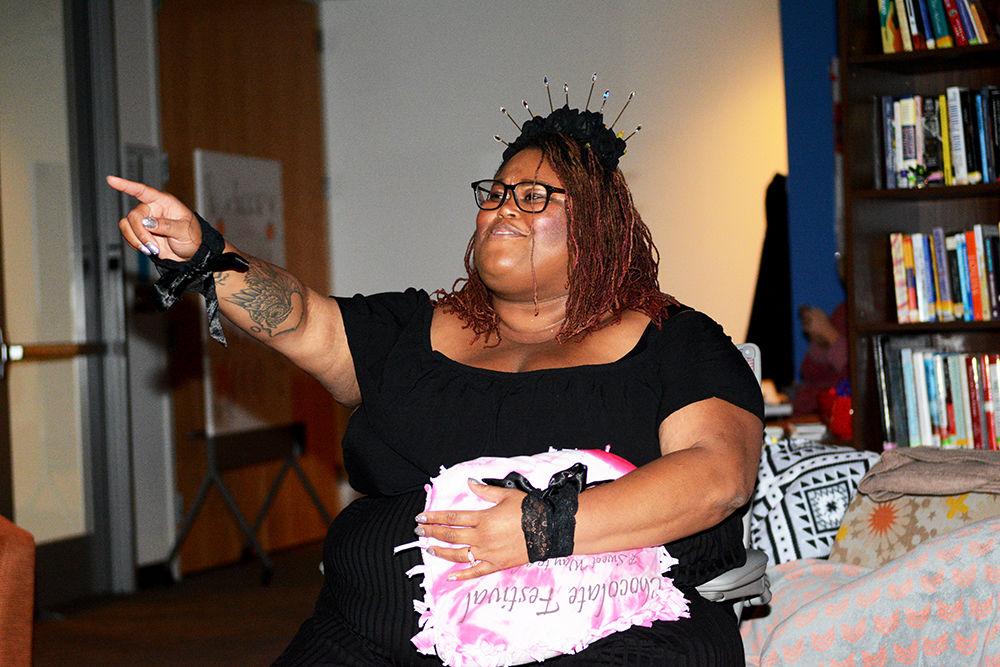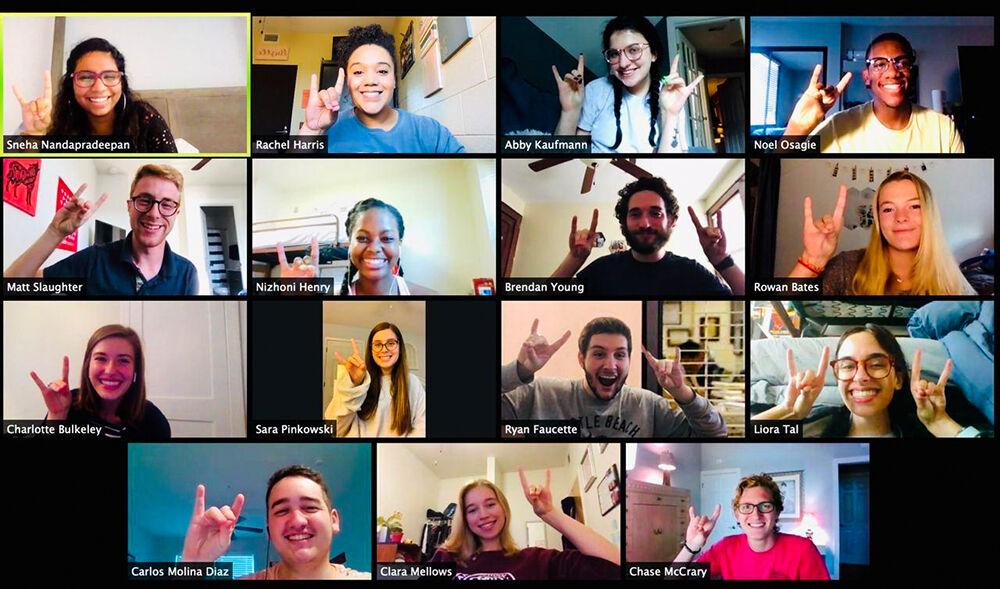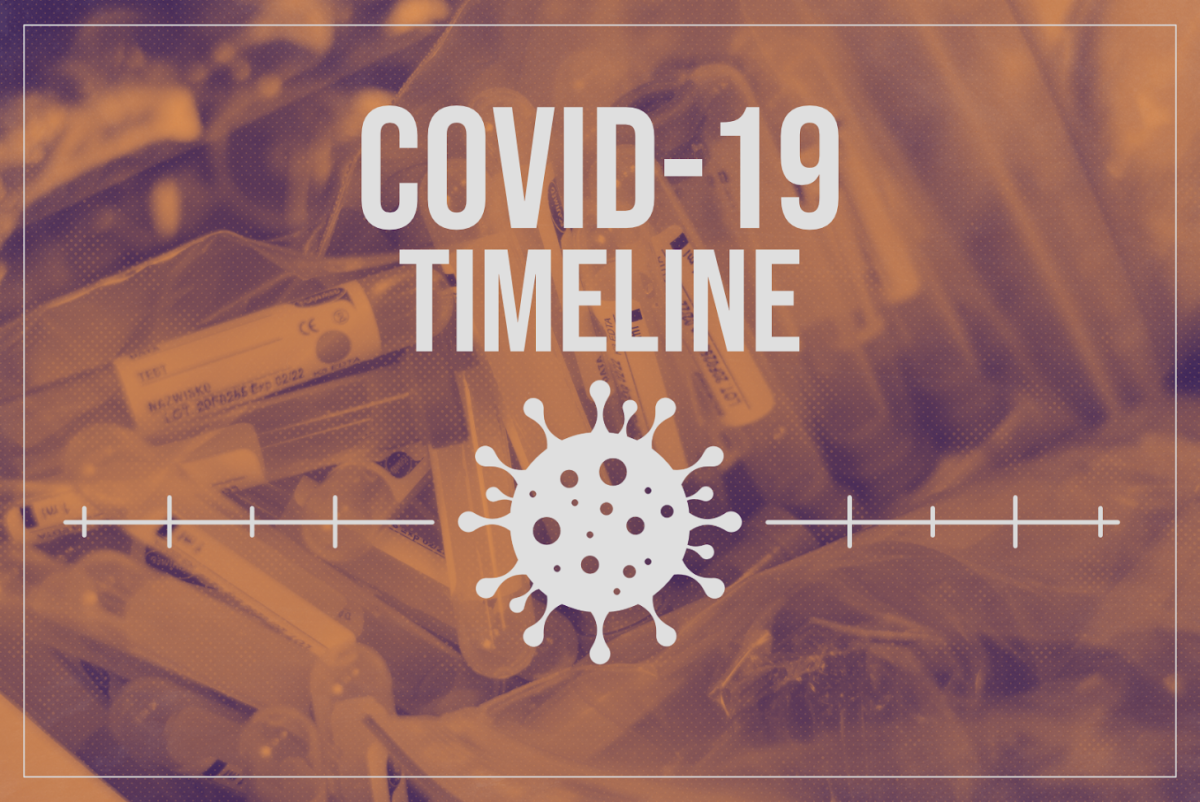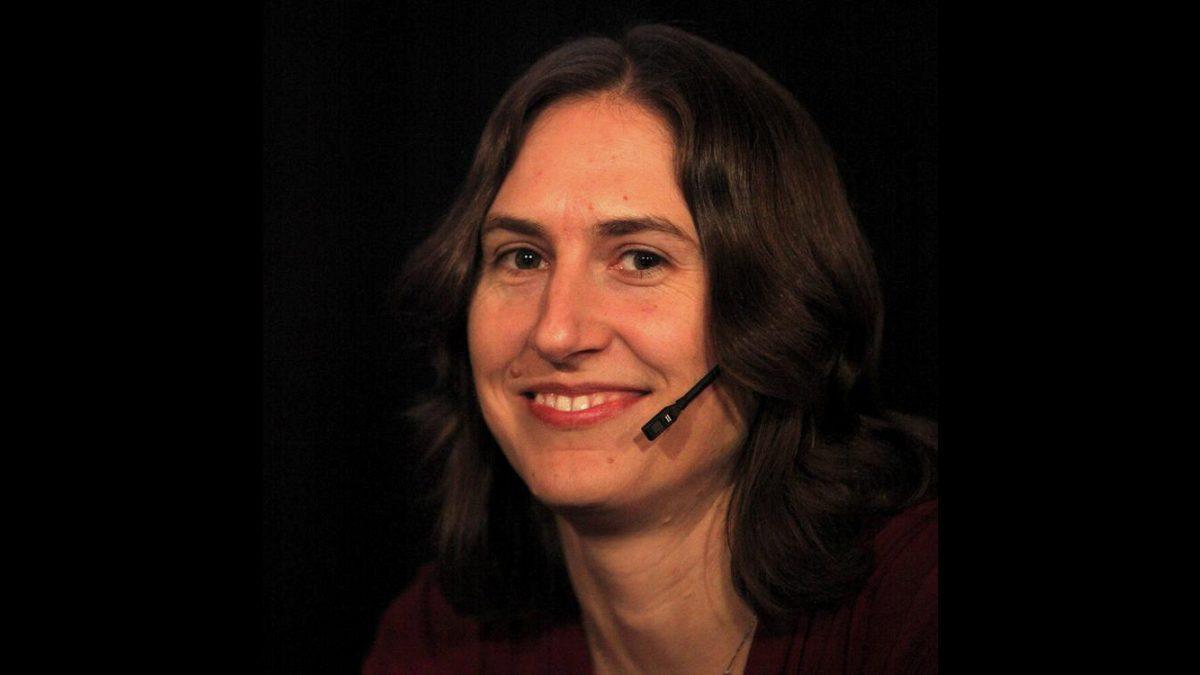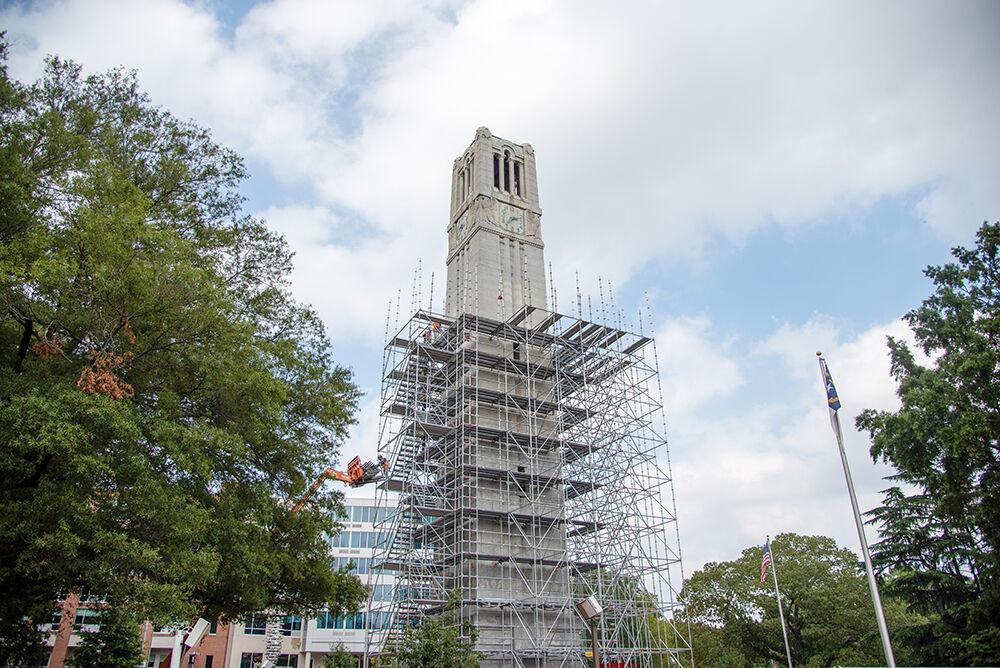On Saturday, Nov. 16, and Sunday, Nov. 17, from 2-5 p.m., black-identifying students, staff and faculty gathered in the Women’s Center to have their picture taken and to celebrate their blackness. The photoshoot, set up by Women’s Center Assistant Director Angela Gay, was intended to allow black faculty, students and staff to embody the idea of Afrofuturism.
Shantoneeka Zorn, a second-year master’s student in college counseling and student development, discussed her idea of what Afrofuturism means.
“I think of Janelle Monáe’s Dirty Computer and I think of the images that she painted of this very futuristic type of universe and the ways in which black people and technology and black bodies were portrayed in that album and the movie that went along with that album,” Zorn said. “Outside of that, I think Afrofuturism is non-black people, non-black people of color, white people recognizing that black people are the s— and treating them as such.”
Gay gave a more technical definition of Afrofuturism as a theory.
“It’s a way of seeing the world in a different way,” Gay said. “It stems from science fiction. It can be seen most vividly in the works of Octavia Butler, like Parable of the Sower, how she is able to see a future for black folks, and not just seeing a future but creating a future for black folks that is outside of the gender binary, that is outside of seeing someone in terms of all the labels that we put on ourselves, all of the boxes we put ourselves in to.”
The event was sponsored by both the GLBT Center and the African American Cultural Center. GLBT Center Director Jonathan McCorey participated in the shoot and feels that it is important to represent blackness on a predominantly white campus (PWI).
“I think it’s important for us because this school is so big and large and it is a PWI, we could go a day without seeing someone who looks like us,” McCorey said. “It’s important for us to have this collective and to see how we show up and to stand up and say ‘I’m here’ and be present and accounted for.”
This is the third year that the Women’s Center has put on an event of this kind. Previously has put on events focusing on “Politics of Black Hair” and “The Politicization and Sexualization of Black Bodies.” This year’s theme was “Existence as Resistance: The Magic in Blackness” and focused on liberation and freedom through Afrofuturism. Zorn discussed what this theme means to her.
“When I think of liberation and freedom as a black person, I always think about respectability politics and like black forgiveness and how it relates to white people and I am constantly having to put on this mask of who I am to fit in, to assimilate, to not scare white people and non-black people of color with my blackness and what all of that means and liberation means being able to be my authentic self and I am really excited that other people get to see that,” Zorn said.
It was a consensus that attendees wanted to thank Gay for her role in creating and putting on the events every year.
“I would really like to thank Angela for her work in coming up with the topics for these exhibits and giving space to black students at NC State to talk about issues that we go through all the time every day that don’t really get highlighted or focused on,” Zorn said. “She has come up with these exhibits with some of her coworkers past and present with the intention of providing those spaces for black students.”
The photos from this event will be used in a gallery at the African American Cultural Center Art Gallery that will open on Feb. 18, 2020. For more information about this event, visit the event page on the Women’s Center website.


